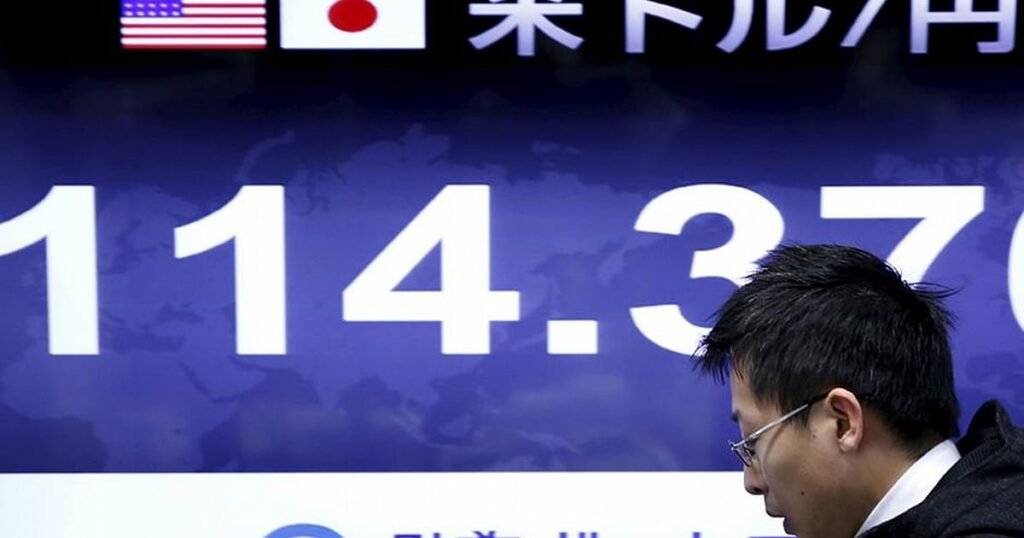Asian shares declined Wednesday, echoing a fall on Wall Street, as political uncertainty took centrestage in Japan, making for cautious trading on the Tokyo Stock Exchange.
Japan’s benchmark Nikkei 225 shed 0.2 per cent in morning trading to 42,222.36.
The fate of Japanese Prime Minister Shigeru Ishiba has been uncertain for weeks, with calls growing both for him to resign and to remain, after a recent election defeat and the rise of fringe parties have shaken public faith in the ruling Liberal Democratic Party. Confidence was rocked further by a recent comment from Ishiba’s ally, Hiroshi Moriyama, who said he was stepping down as party secretary general.
“The political tremor is domestic, with Prime Minister Ishiba’s key power broker signalling his resignation, shaking the foundations of the ruling party,” said Stephen Innes, managing partner at SPI Asset Management.
Australia’s S&P/ASX200 slipped 1.1 per cent to 8,800.60. South Korea’s Kospi edged up 0.3 per cent to 3,181.37. Hong Kong’s Hang Seng lost 0.2 per cent to 25,438.60. The Shanghai Composite shed nearly 1.0 per cent to 3,821.62.
On Wall Street, the S&P 500 fell 0.7 per cent for its worst day in a month after paring a loss that earlier reached 1.5 per cent. The Dow Jones Industrial Average dropped 249 points, or 0.5 per cent, and the Nasdaq composite lost 0.8 per cent. All three are still relatively close to their recently set all-time highs.
Big Tech companies led the market lower. They’ve been soaring for years on expectations that they’ll continue to dominate the economy, but they have also shot so high that critics say their prices have become too expensive.
Nvidia, whose chips are powering much of the world’s move into artificial-intelligence technology, fell 2 per cent and was the single strongest force pulling the S&P 500 downward. Amazon sank 1.6 per cent, and Apple dropped 1 per cent.
The overall stock market felt pressure from rising yields in the bond market, where the 10-year Treasury yield climbed to 4.27 per cent from 4.23 per cent late Friday. When bonds are paying more in interest, investors are less willing to pay high prices for stocks.
Longer-term bond yields are on the rise around the world, in part because of worries about how difficult it will be for governments to repay their growing mountains of debt.
In the United States, longer-term Treasury yields are feeling additional pressure from President Donald Trump’s attacks on the Federal Reserve for not cutting interest rates sooner. The fear is that a less independent Fed will be less likely to make the unpopular decisions needed to keep inflation under control over the long term, such as keeping short-term rates higher than investors would like.

